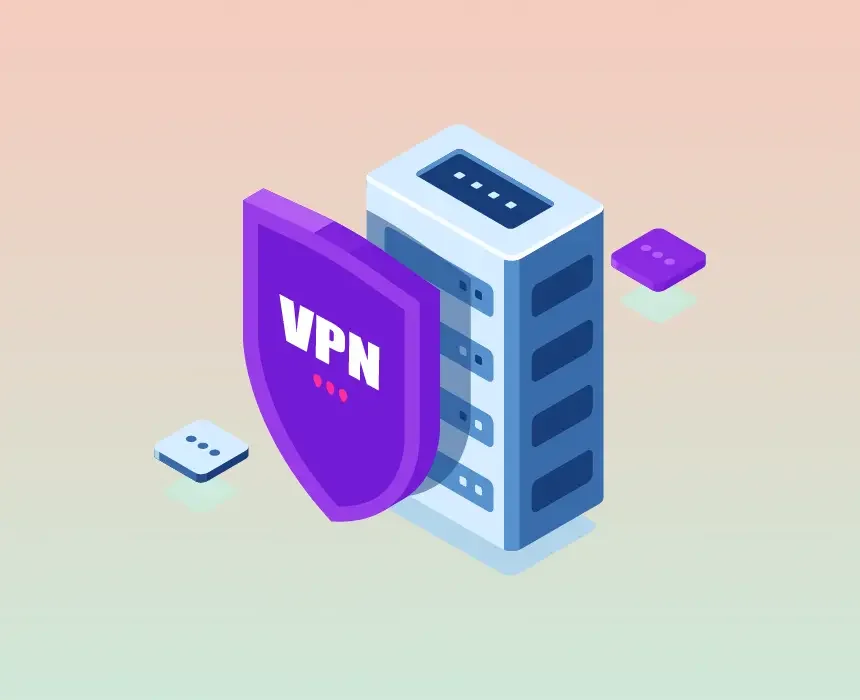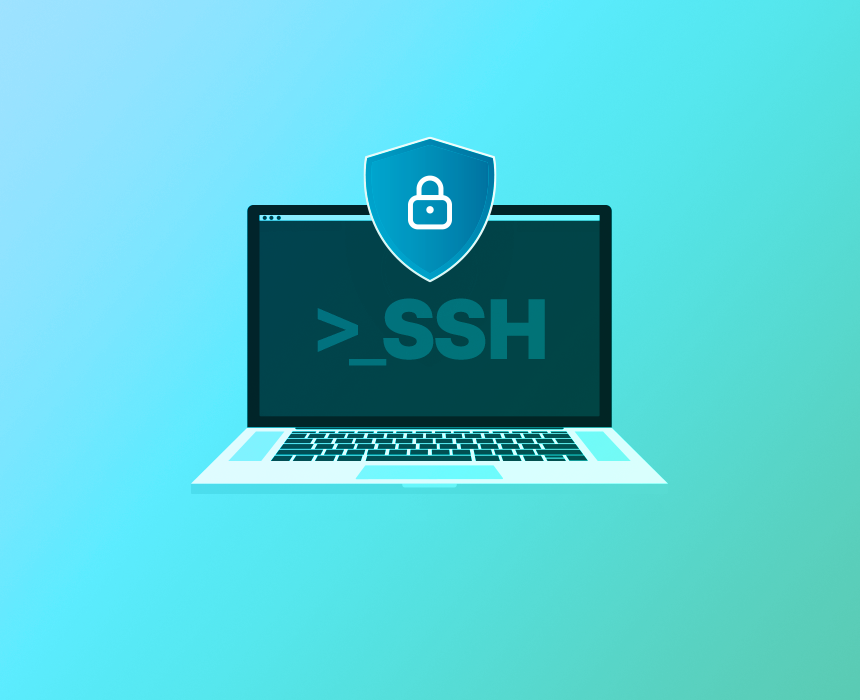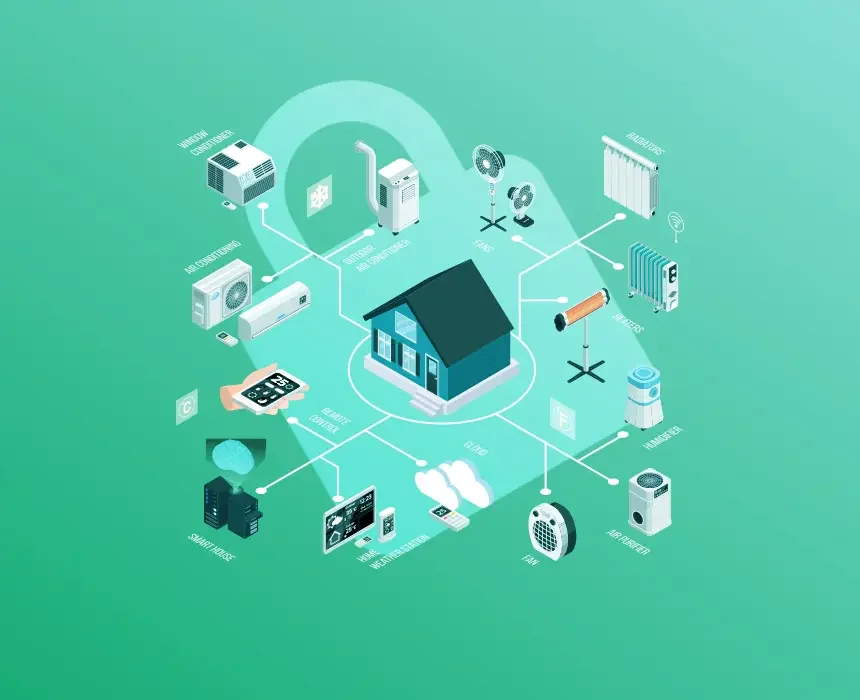
Multiple security risks, restrictions levied upon internet users, and the need to shift work out of offices boosted the use of virtual private networks across the globe. Initially, corporate networks deployed VPNs to enable secure access and transfer of data between the servers and remote systems. The rise of hackers, ISPs, advertisers, and government bodies trying to track the internet behavior of people increased the use of VPNs on a commercial scale for personal privacy and security. The global VPN market today is flooded with consumer VPNs available for PCs, smartphones, and other mobile devices. A few of them even reach customers with no price tag. But most of these free VPNs have hidden risks that the users are unaware of and are not the best for business use. To ensure protection for sensitive business data, it's crucial for businesses to use a commercial-grade business VPN solution.
The following are a few issues with many consumer-grade VPN services:
VPNs enable the creation of an encrypted connection between devices and the network. This makes the data private while they are accessed over the internet. Most VPNs claim that they use up-to-date cryptographic protocols to encrypt the traffic that passes through the VPN tunnel. However, VPNs can have flaws. There are chances that any coding or configuration glitches can result in the VPN exposing the encrypted data. Sometimes the VPN service providers associate with advertisers, data brokers, and other regulatory authorities to share your user traffic for their monetary benefits. Absolute protection from data leakage is critical and the VPN provider should ensure that the user’s connection is safe.
Bypassing geo-blocking or location spoofing is a major reason why many subscribe to VPN services. VPN service providers list thousands of servers across the globe on their websites when they really have very few working servers. They also adjust data routing to make it look like providing from one country when it is happening somewhere. A few of them even use virtual server locations. Using a server to fake multiple locations significantly minimizes the VPN service providers’ operational costs. Users expect to access content via IP addresses located outside local restrictions. So they might fall for VPN providers that boast broad server networks.
It is tough to identify the real hoax behind VPN service providers’ fake advertising and reviews. Vendors and affiliates are compelled to compete hard. Review sites and forums get flooded with five-star reviews for a nominal fee. VPN companies also generate paid glowing reviews to grab more attention. So honest evaluations by real users go hidden. Thus, ordinary customers might find it difficult to identify unbiased information that helps them to select the best among the available VPN services.
A standard VPN service should allow you seamless connectivity whenever you use the device. It should be cross-platform supporting and enable concurrent sessions on different devices. However, some VPNs require users to log in every time they browse the internet. This could be annoying especially when you have to type your user credentials every now and then.
Ideally, a VPN service provider should disclose how they collect and process your data in their privacy policies, and terms and conditions. A majority of VPNs provide policies that anyone barely understands. They take it as an opportunity to hide the information they collect from you and what is being done with it. There are even a few VPN service providers who do not have a privacy policy in place. The worst offense a VPN can offer customers is tracking their online activities. They share this data with advertisers so that they can deliver targeted ads to you. Here they will be selling the data at your cost to the highest bidder.
Selecting a VPN makes sense for most businesses as it provides an added layer of security for confidential business data that moves over the internet. When compared to consumer VPN, business VPN has more complex needs as they must ensure the highly secure transmission of sensitive information. While consumer VPNs address the basic privacy needs of individuals, business VPNs need to offer more robust protection, as well as offer more business-centric features, to ensure seamless and secure business network access. UTunnel VPN fits the bill here with its Dedicated Business VPN, enabling easy and instant server deployment, while featuring single sign-on, 2-factor authentication, centralized user management, and robust support.

The COVID-19 pandemic has compelled businesses to adapt their traditional practices and adopt work-from-home as a new standard. That increased the need for business VPN solutions, to provi…
11 November 2022
In an increasingly interconnected world, the ability to securely access remote systems and devices has become an integral part of modern business operations. As organizations expand their digital foo…
31 August 2023
A router is perhaps the most important gadget in any modern-day home. It controls access to your home Wi-Fi network that is used by all Wi-Fi-enabled devices such as mobile phones, laptops, and …
05 February 2021